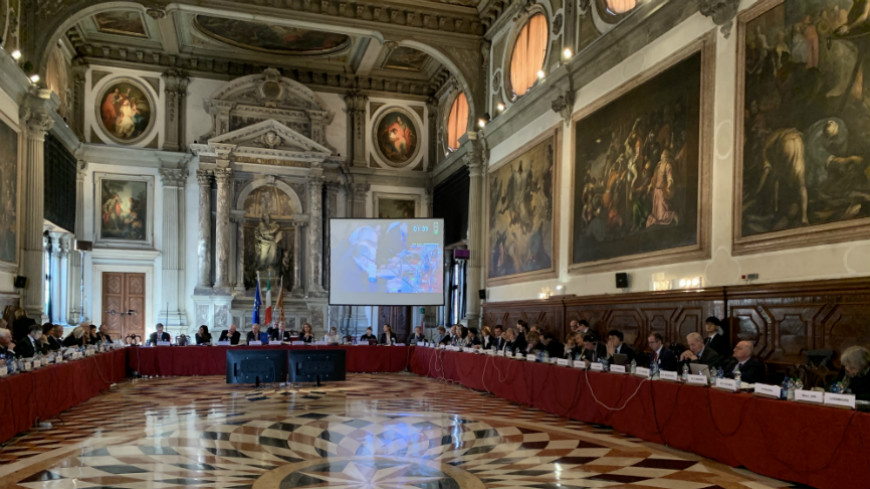In its first plenary session of 2019, the European Commission for Democracy through Law (Venice Commission) adopted an opinion on the draft Law on the Judicial Council of North Macedonia. The opinion was requested by Mr Zoran Zaev, the Prime Minister of North Macedonia, through the Expertise Co-ordination Mechanism, co-funded by the European Union and the Council of Europe and implemented by the Council of Europe.
In its opinion, the Venice Commission praised the constant efforts of the authorities of North Macedonia to bring the rules governing the judicial system in line with the international standards and best practices. The Commission observed with satisfaction that a significant number of its previous recommendations had been followed by the draft law. The Commission concluded that the provisions of the draft law are mostly in line with the international standards and, if interpreted and implemented in good faith, can ensure the independence and efficiency of the judiciary.
The draft law was amended following the opinion of the Commission and most of its recommendations were addressed.


